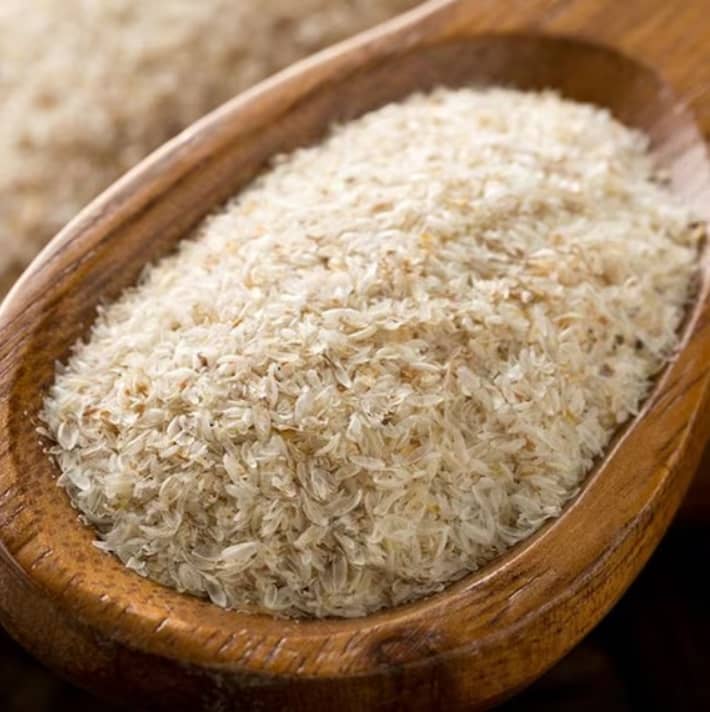
Psyllium Husk
Description of Psyllium Husk (Isabgol) of Rajasthan
Psyllium husk, commonly known as "Isabgol" in India, is a highly valued natural fiber extracted from the seeds of the Plantagoovata plant. Rajasthan, particularly the districts of Jodhpur, Barmer, and Nagaur, is one of the major producers of high-quality psyllium husk. This versatile product is renowned for its dietary fiber content and health benefits, making it a staple in both traditional and modern medicinal practices.
Geographical and Climatic Conditions
- Region: Rajasthan's dry and semi-arid regions, such as Jodhpur and Barmer, are particularly suited for the cultivation of Isabgol. The state has emerged as a key player in the production and export of psyllium husk.
- Climate: The crop thrives in Rajasthan's arid climate with low humidity, making it an ideal environment for the growth of psyllium plants. The region's hot days and cool nights contribute to the optimal development of the seeds.
- Soil: Isabgol prefers sandy loam to clay loam soils with good drainage, which are abundant in Rajasthan. These soils support the robust growth of the Plantagoovata plant, ensuring high-quality seed production.
Botanical Characteristics
- Scientific Name: Plantagoovata
- Family: Plantaginaceae
- Plant Description: The psyllium plant is a short-stemmed annual herb, growing to a height of about 10-15 cm. It has narrow, linear leaves and small, white flowers arranged in a spike.
- Seed Description: The seeds are small, oval, and translucent, with a mucilaginous coating that becomes gel-like when mixed with water. The seeds are husked to produce psyllium husk.
Cultivation Practices
- Sowing Season: Psyllium is typically sown in the Rabi season, from November to December, to take advantage of the cool growing conditions.
- Seed Rate: Approximately 5-7 kg of seeds are sown per hectare, with row spacing of about 30 cm.
- Irrigation: The crop requires minimal irrigation, with water provided during critical stages such as germination and seed development. Over-watering can negatively affect the plant's growth and seed quality.
- Pest and Disease Management: Common pests include aphids and nematodes, while diseases such as powdery mildew can affect the crop. Integrated pest management and the use of disease-resistant varieties help maintain crop health.
- Harvesting: The crop is ready for harvest about 100-120 days after sowing, typically in March to April. The plants are cut when the seeds are fully mature and dry, and then threshed to separate the seeds from the husks.
Physical and Chemical Properties
- Appearance: Psyllium husk from Rajasthan is known for its high purity, uniform size, and off-white to pale brown color. The husk is lightweight and has a flaky texture.
- Aroma and Flavor: Psyllium husk is generally odorless and has a bland taste, making it easy to incorporate into various foods and beverages without affecting their flavor.
- Nutritional Content: Psyllium husk is rich in soluble dietary fiber, which forms a gel-like substance when mixed with water. It contains negligible calories, fats, and proteins but is highly valued for its fiber content.
- Chemical Composition: The primary component of psyllium husk is mucilage, which is composed of polysaccharides such as arabinoxylans. It also contains minor amounts of proteins, fats, and ash.
Applications and Uses
- Dietary Fiber: Psyllium husk is widely used as a dietary supplement for its high fiber content, which aids in digestive health by promoting regular bowel movements and alleviating constipation.
- Health Benefits: It is beneficial in managing conditions such as irritable bowel syndrome (IBS), diverticulosis, and high cholesterol. Psyllium husk can also help in weight management by creating a feeling of fullness and reducing appetite.
- Culinary Uses: Although it is tasteless, psyllium husk can be added to smoothies, baked goods, and cereals to increase their fiber content. It is also used as a thickening agent in gluten-free baking.
- Pharmaceutical Uses: Psyllium is an important ingredient in many over-the-counter laxatives and fiber supplements. It is used in formulations to help regulate digestion and manage cholesterol levels.
- Industrial Uses: Psyllium husk is used in the food industry as a thickening agent and stabilizer. It is also used in cosmetic products for its hydrating and soothing properties.
Economic Importance
- Local Economy: Psyllium cultivation provides a significant source of income for farmers in Rajasthan. The crop's high demand and profitable returns make it a valuable agricultural commodity.
- Market Demand: There is strong demand for psyllium husk in both domestic and international markets, with the United States, Europe, and the Middle East being major importers. It is particularly popular in the health and wellness industry.
- Value Addition: Processing psyllium into various forms such as husk, powder, and capsules adds significant value. This processing enhances market opportunities and provides better returns for producers and processors.
Challenges and Opportunities
- Challenges: Psyllium cultivation faces challenges such as fluctuating weather conditions, pest infestations, and market price volatility. Farmers need to adopt sustainable practices and effective pest management to mitigate these risks.
- Opportunities: There is potential for expanding the market for organic and high-quality psyllium products. Enhancing processing infrastructure and exploring new export markets can further boost the economic benefits of psyllium cultivation in Rajasthan.
Conclusion
Psyllium husk, or Isabgol, from Rajasthan is known for its superior quality and high fiber content. The region's favorable climate and traditional cultivation practices contribute to the production of this valuable product, which is in demand worldwide for its health benefits and versatile applications. With its significant economic impact and health-promoting properties, psyllium husk remains a vital crop in Rajasthan's agricultural sector.
